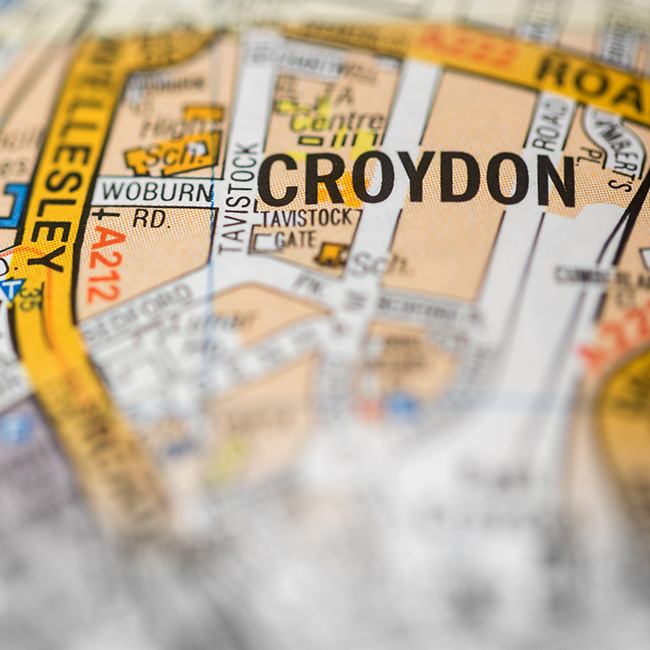
We represented a client who had been charged with an offence of obstructing a police officer in the execution of his duty.
Our client was driving when he was stopped by the police for what they suggested was a routine traffic stop. Our client complied fully with the road traffic stop, however, the police then decided to search our client, and our client’s vehicle, under s.23 of the Misuse of Drugs Act. Our client complied with the search and despite the fact that nothing of a criminal nature was recovered during the search, the police informed our client that they would be taking him back to the police station for a further search. This was after a record of the stop and search had been provided to our client, confirming that no further action was required.
Our client raised concerns as to the lawfulness of the actions of the police and as was his right, asked the police whether he was being arrested; confirming that if he was being arrested, he would go to the police station as requested but if he was not being arrested, he would not go. The police took this to be a deliberate obstruction and promptly arrested our client for obstructing a police officer. Before our client had even been given the caution, he had indicated on a number of occasions that he would go with the police. Our client pleaded not guilty to this offence.
Prior to the trial, we made representations to the Crown Prosecution Service that the actions of the police officers were unlawful. Despite this, they determined that there was sufficient evidence to provide a realistic prospect of conviction. On the day of trial, we renewed our representations. We argued that the routine traffic stop was in fact not a routine traffic stop at all. It was in fact based on the fact that the police had noted that the vehicle had a marker on the police database for drugs and therefore, they had every intention of stopping our client for the purposes of a search under s.23 of the Misuse of Drugs Act. We argued that this was breach of Code A of PACE and that the police had no grounds for the search, that the police officers had not complied with s.2 of PACE in any event and that on the basis of extensive case law, the police were acting unlawfully. Finally, we argued that there had not in fact been an obstruction. After considering our representations, the Crown offered no evidence against our client. A formal not guilty verdict was recorded and a Defence Costs Order was granted so that our client could recover his costs.
Our client was represented by Helen Ricks, a solicitor in our Croydon Crime Team, supported by Nusrat Chowdhury, and in Court by Sabrina Neves.